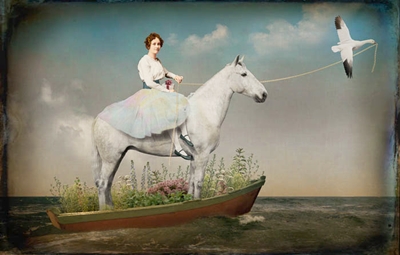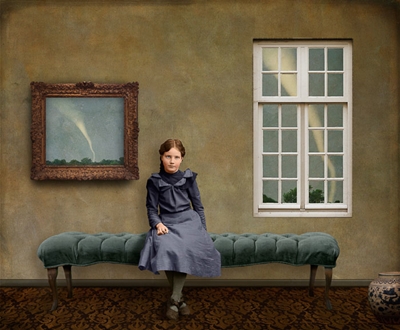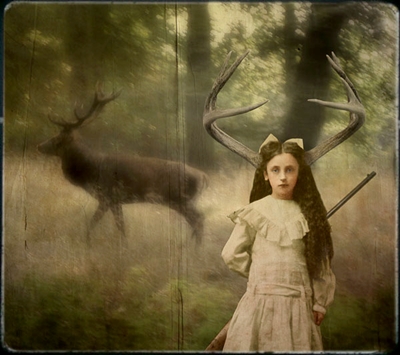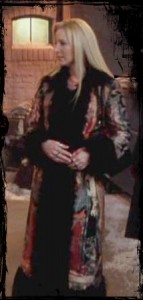
On the season’s first day of 60 degree sunshine, I take a leisurely stroll along our old suburban streets and ponder the notion of rules – those guidelines for human behavior. Something I read yesterday about “rules” comes to mind:
Someone once said: “Rules are for the guidance of wise men and the obedience of fools.” Rules replace thought. If you know the rules, you always know what to do. Rules are comfortable. If you know the rules, you never have to stretch too far. Rules are safe. You probably won’t get in trouble for following the rules. Unfortunately, you probably won’t make much progress either.
Because there are no sidewalks, I follow the rule and trod along the left side of the road so that I can see oncoming traffic. It seems that most rules are made for health or safety reasons: cross at the green and not in between; don’t eat yellow snow; beware the guard dog; don’t pick your nose. We tend to follow rules if they make sense to us, if they benefit us in some way. And we often ignore rules that don’t seem to have major consequences: keep off the grass; don’t pick your nose; no loitering. (Unless, these days, you are a person of color. There seem to be different consequences for people of color. But that’s a rant for another day.)
Laws are rules that require stricter observance. We obey laws because if we don’t, we get punished. (Unless you are rich and have powerful friends. But that’s also a rant for another day.)
And then there are customs, which, are not really rules but we tend to obey them so that we aren’t frowned up by our peers. For example: eat with a fork, don’t burp in public, wear your gang’s colors. (Unless, of course, you are in some other part of the world where those customs don’t apply. But then others do.)
Down the street, two teenage couples with skateboards are walking in the middle of the road. An oncoming car defers to their flaunting of the rule and drives around them. Young people often ignore rules. I’ve been reading lately that it has something to do with their frontal lobes, which are still developing. That’s the part of the brain that analyzes and confronts consequences.
As I stroll along, my frontal lobe notices that I am not following the rules for correct, healthy walking, and so I adjust my stride – heel to toe, butt tucked in, shoulders relaxed – better for my joints and muscles. I follow the rules that benefit me.
It occurs to me as I turn the corner toward home that the world is wrapped in the demands and expectations of all manner of laws, rules, customs, and instructions. A loss of freedoms is the downside of living in a civilized society, I guess.
Hammurabi had 242. Moses had ten. It is always those in power who make the rules and set the consequences. It’s a top-down thing. And, historically, it has been mostly men who are at the top. (And that’s another rant for another day.)
It makes me wonder what society would be like if rules – especially the hard-and-fast laws – evolved, organically, based on the needs, desires, and insistence of the people they most directly affect. Actually, I think that’s how it’s supposed to work in a democracy. Maybe it can only work in a very small one, like a tribe.
All in all, it seems to me that the only guidelines for human behavior we really need are the rules we learned in Kindergarten: don’t hit, punch, kick, or hurt anyone; share and enjoy; don’t make a mess but if you do, clean up after yourself.







 I love it when stuff like that happens.
I love it when stuff like that happens. I printed out the images on washable fabric. I appliqued the images onto the front of a t-shirt.
I printed out the images on washable fabric. I appliqued the images onto the front of a t-shirt. 